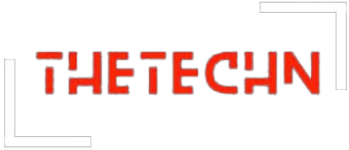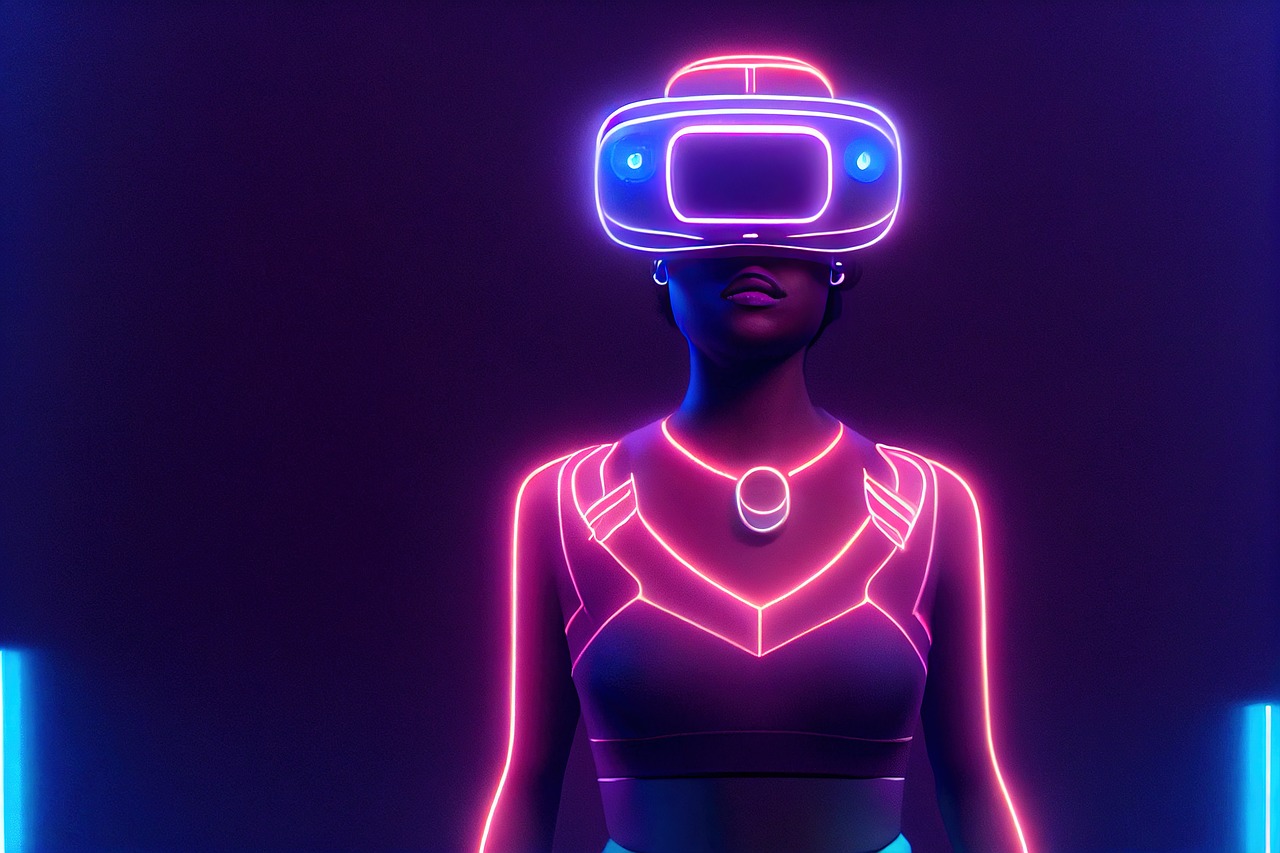The buzzwords are everywhere: “best programming language for AI,” “coding language for artificial intelligence,” “AI programmers.” It seems the intersection of AI and programming has ignited a firestorm of curiosity. But amidst the hype, a critical question remains: Can AI truly compete with humans when it comes to the intricate dance of programming and algorithm design?
Let’s be clear, AI has made mind-boggling strides in recent years. Machine learning algorithms power everything from self-driving cars to voice assistants, showcasing an awe-inspiring ability to learn and adapt. But does this translate to AI churning out code like a seasoned programmer? Not quite.
While AI can now generate impressive snippets of code and even entire modules, there’s a crucial distinction between code generation and true programming. Programming is more than just stringing together lines of code; it’s about problem-solving, creativity, and understanding the nuances of specific situations. This is where the human edge truly shines.
Humans, with their innate ability to reason, analyze, and think outside the box, remain unmatched in designing innovative algorithms and tackling complex programming challenges. AI can be a powerful tool, automating repetitive tasks and suggesting potential solutions, but it lacks the cognitive flexibility and understanding of context that’s essential for true mastery.
Imagine AI as a supercharged calculator, crunching numbers and spitting out results with incredible speed. However, a human mathematician understands the underlying principles, knows when to apply different formulas, and can even invent new ones. Similarly, a programmer isn’t just a code-writing machine; they’re an architect, crafting solutions that fit specific needs and constraints.
So, will AI replace programmers altogether? Highly unlikely. Instead, we’re likely to see a symbiogenesis, a beautiful dance where AI and humans work together, each playing to their strengths. AI will become a powerful assistant, freeing up programmers’ time for more creative and strategic tasks. Imagine AI handling the mundane coding chores, while human programmers focus on designing the overall architecture, solving logic puzzles, and optimizing for efficiency.
This collaboration holds immense potential. AI can analyze vast datasets and suggest unforeseen possibilities, while humans can provide crucial guidance and direction. Together, they can create solutions that neither could achieve alone.
But let’s not fall into the trap of false dichotomies. AI and humans are not destined for a coding cage match. Instead, they are complementary forces, each bringing unique strengths to the table. Here’s how:
Human Strengths:
- Conceptual Understanding: Humans can grasp the bigger picture, understanding how algorithms fit into the overall system and how they interact with other components.
- Creativity and Innovation: Humans excel at thinking outside the box, devising novel approaches and solutions that AI may not be able to generate on its own.
- Problem-solving: Humans can troubleshoot problems, identify and fix errors, and adapt their approach based on changing circumstances.
- Ethical Considerations: Humans can bring ethical awareness and a sense of responsibility to the coding process, ensuring that algorithms are used responsibly and don’t perpetuate biases.
AI Strengths:
- Data Processing: AI can handle massive amounts of data, identifying patterns and relationships that humans might miss.
- Automation and Efficiency: AI can automate repetitive tasks, freeing up human time for more strategic work.
- Optimization: AI can continuously test and refine algorithms, finding the most efficient solutions.
- Exploration and Discovery: AI can explore vast parameter spaces, uncovering hidden possibilities and potential breakthroughs that humans might not have considered.
By leveraging these strengths, humans and AI can create a formidable team. Imagine a world where AI acts as a tireless research assistant, suggesting potential algorithms and optimizing existing ones. Meanwhile, human programmers provide the creative spark and ethical compass, ensuring that the algorithms are not only efficient but also responsible.
This future isn’t some distant utopia; it’s already unfolding. Tools like GitHub Copilot and Google AI’s AutoML are early glimpses into this collaborative future. These platforms leverage AI to suggest code snippets, complete parts of functions, and even generate entire modules, all while human programmers guide the overall direction and ensure the code is fit for purpose.
So, the answer to the question “can AI do programming and algorithm problems like humans?” is both yes and no. While AI can’t replicate the complete package of human programming prowess, it can certainly become a powerful ally. The real magic lies in combining the strengths of both, creating a synergistic force that pushes the boundaries of what’s possible.
In conclusion, the debate about AI replacing programmers is a distraction. The future lies not in competition, but in collaboration. By embracing AI as a partner and leveraging its unique capabilities, we can unlock a new era of innovation and problem-solving potential. Let’s not get caught in the buzzword trap;





